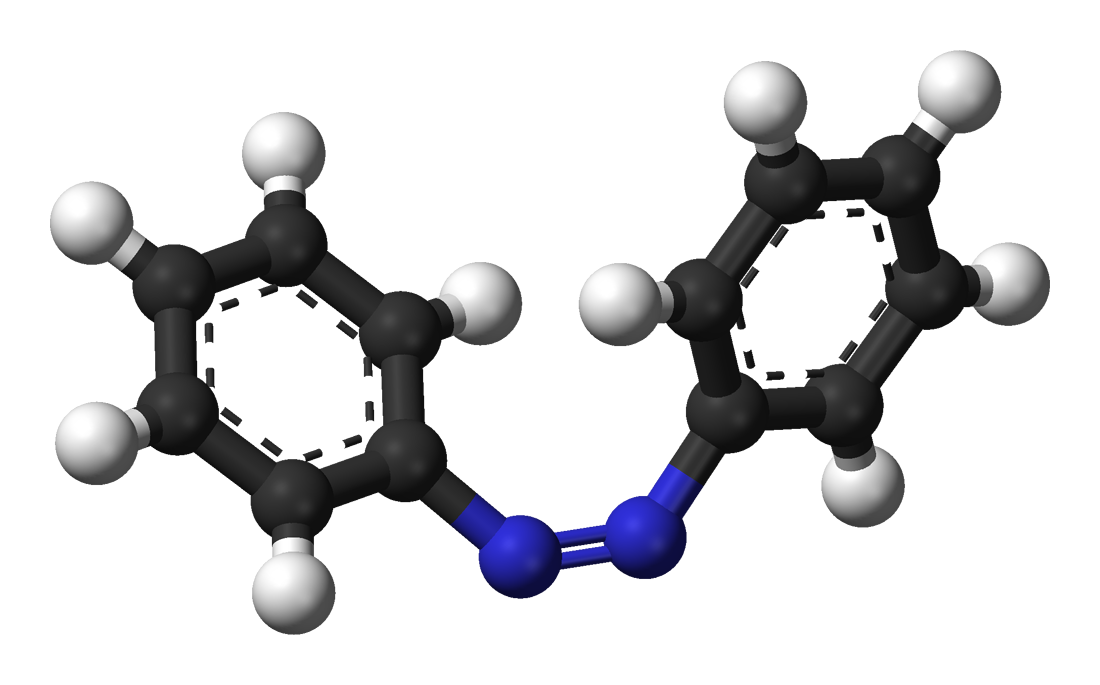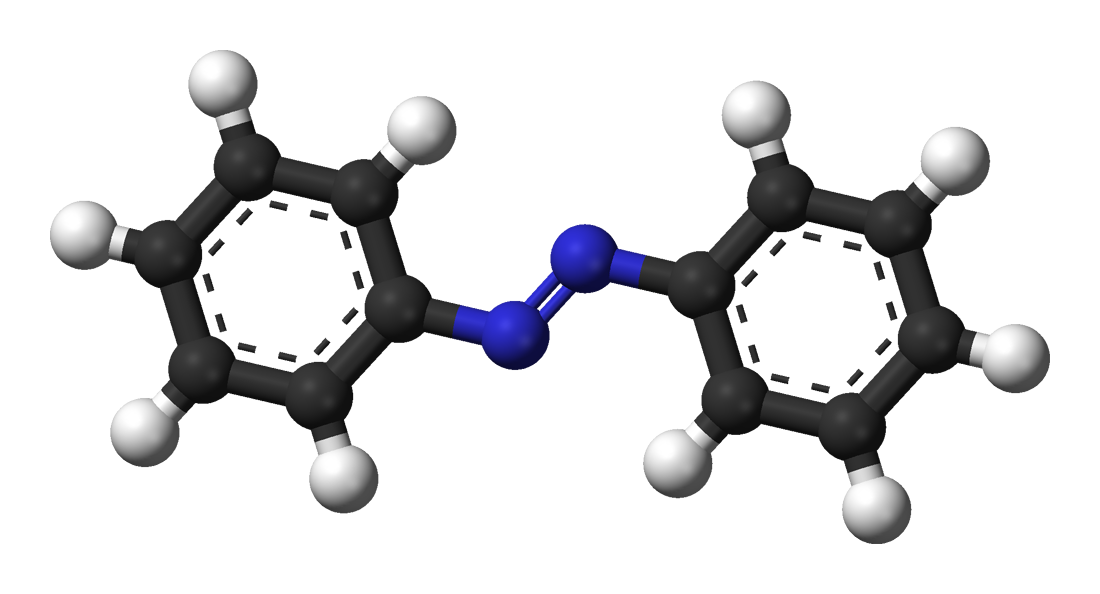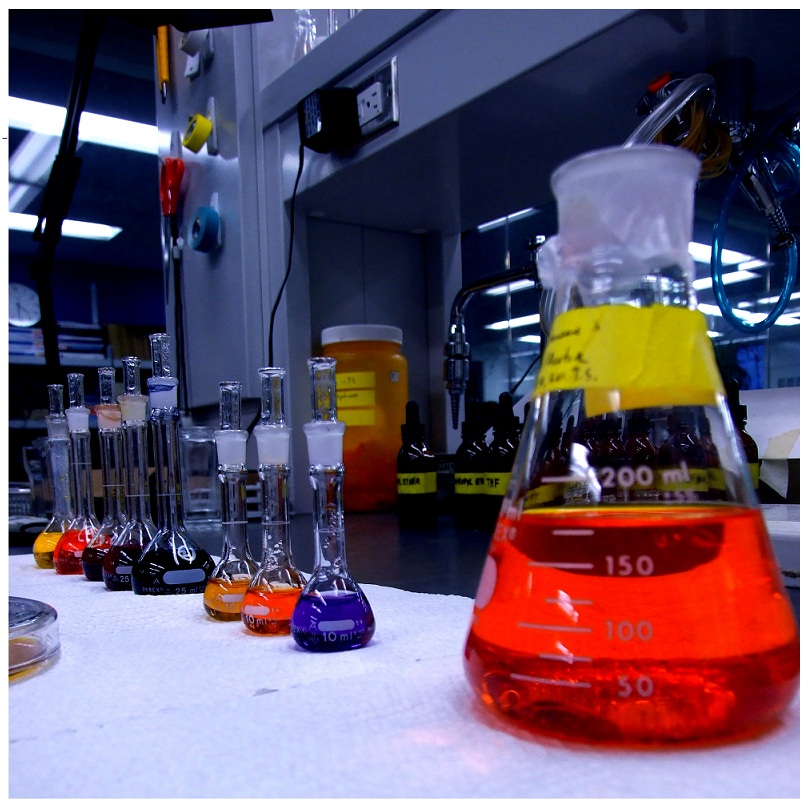Our Research Program seeks to design, prepare, characterize, and engineer new materials based on naturally-sourced polymers such as silk or cellulose, gently modified with photo-reversible dyes, to fashion micro-optical or bio-active coatings and devices. Many of these new aqueous soft-bound bio-polymer assemblies can also serve as environmentally-friendly plastics alternatives that degrade in sunlight back to their water-soluble and benign natural starting components. Relating the properties and performance of these materials and simple devices to the structure of the polymer can afford insight into the molecular origins of the optical and mechanical behaviour of polymer surfaces, interfaces, and bio-coatings, permitting tailoring to optimize the performance of a given device or application, with the eventual goal of rational design.
This research program employs classical methods of polymer synthesis, characterization, and thin film fabrication, as well as more specialized techniques of laser optics, neutron scattering, and nano-surface analysis. The aim is for students to emerge with a solid background in materials and physical chemistry, and to gain exposure to interdisciplinary problem solving techniques which lie at the interface between Chemistry, Physics, and Biomaterials Engineering. In all projects, an emphasis is placed on developing the ability to communicate research results effectively, through the preparation of conference presentations and journal articles.


